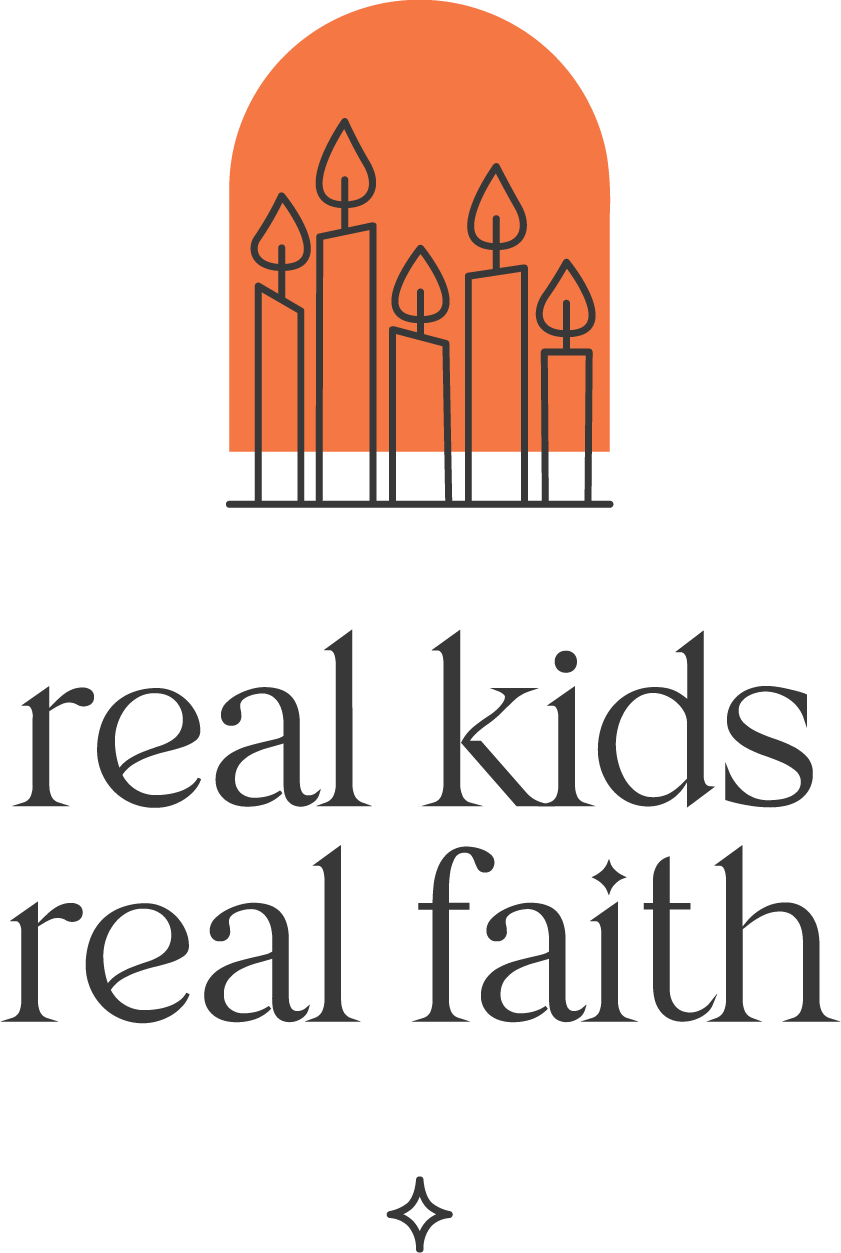Supporting Families
We will not be turned around or interrupted by intimidation
Because we know our inaction and inertia
will be the inheritance of the next generation.
Our blunders become their burdens
But one thing is certain:
If we merge mercy with might and might with right,
Then love becomes our legacy
And change our children’s birthright.
– Amanda Gorman, from The Hill We Climb
Are you a teacher, counselor, or community leader committed to helping families grow and thrive? Tired of outdated materials and want research-based resources that boldly anticipate current issues confronting children and families?
We’re rethinking how to actively team up with families in the spiritual care of children. We’ll help you shake off old habits and techniques that just aren’t working anymore. And, using the latest data, we’ll invite you to build on what is working. We’re in this together.
